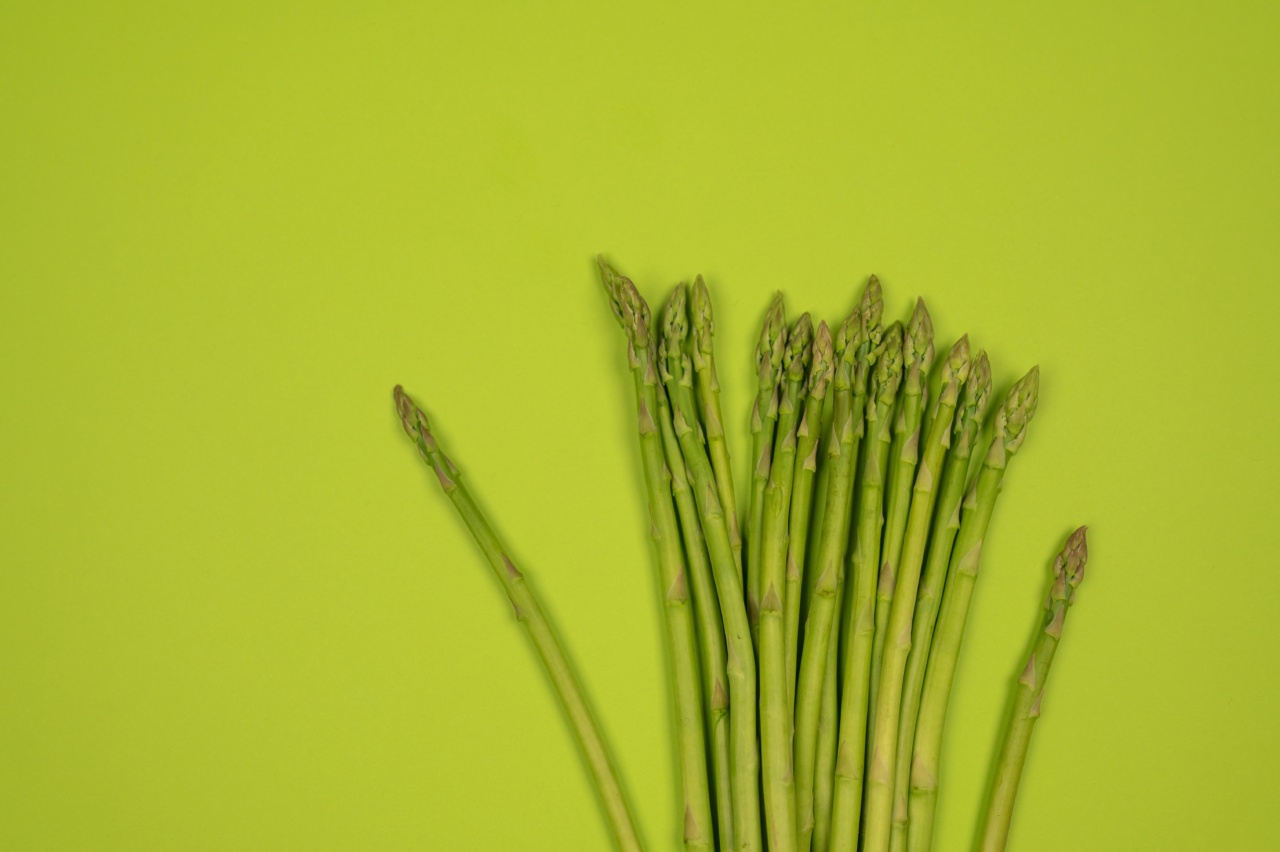High cholesterol levels can increase your risk of heart disease and other cardiovascular issues. Making positive changes to your diet and lifestyle can help lower your cholesterol levels and improve your overall heart health.
In this article, we will provide you with valuable nutrition tips to help lower your cholesterol naturally.
1. Reduce Saturated Fat Intake
The first step towards lowering your cholesterol is to reduce your intake of saturated fats. These fats can raise your low-density lipoprotein (LDL) cholesterol levels, commonly known as the “bad” cholesterol.
Limit your consumption of full-fat dairy products, fatty meats, processed foods, and fried foods. Instead, opt for lean proteins, such as skinless poultry, beans, and fish like salmon, which are rich in heart-healthy omega-3 fatty acids.
2. Increase Soluble Fiber Consumption
Soluble fiber plays a crucial role in lowering cholesterol levels. It works by reducing the absorption of cholesterol into your bloodstream.
Incorporate more soluble fiber-rich foods into your diet, including oats, barley, legumes, fruits like apples and berries, and vegetables like Brussels sprouts and carrots. Aim for at least 25-30 grams of fiber daily.
3. Eat Heart-Healthy Fats
While you should reduce saturated fats, it’s important to include heart-healthy fats in your diet.
Monounsaturated fats, found in avocados, olive oil, and nuts, can help raise your high-density lipoprotein (HDL) cholesterol levels, also known as the “good” cholesterol. HDL cholesterol helps remove LDL cholesterol from your bloodstream.
4. Incorporate Omega-3 Fatty Acids
Omega-3 fatty acids have numerous heart health benefits, including reducing inflammation and lowering cholesterol levels. Increase your intake of fatty fish like salmon, mackerel, and sardines, which are excellent sources of omega-3s.
If you’re not a fan of fish, consider taking fish oil supplements.
5. Choose Lean Protein Sources
When it comes to protein, opt for lean sources to help lower your cholesterol. Replace high-fat meats with skinless poultry, legumes, tofu, or plant-based protein options like tempeh or seitan.
These alternatives are not only lower in saturated fat but also provide additional nutrients like fiber and antioxidants.
6. Limit Added Sugar and Refined Carbohydrates
Excess sugar and refined carbohydrates can lead to weight gain and negatively impact your cholesterol levels. Reduce your consumption of sugary drinks, desserts, white bread, and pastries.
Instead, choose whole grains, like quinoa and brown rice, and satisfy your sweet tooth with fresh fruits.
7. Consume Plant Sterols
Plant sterols are plant compounds that can help lower LDL cholesterol levels. They work by blocking the absorption of cholesterol in your intestines.
Foods fortified with plant sterols, such as some margarines, yogurts, and orange juice, can be effective additions to your cholesterol-lowering diet.
8. Include Nuts and Seeds
Nuts and seeds are packed with heart-healthy fats, fiber, and antioxidants. Almonds, walnuts, flaxseeds, and chia seeds are excellent choices. However, keep portion sizes in mind, as they are also calorie-dense.
Aim for a handful of nuts or a tablespoon of seeds as a snack or add them to your meals for an extra boost of nutrition.
9. Focus on Antioxidant-Rich Foods
Antioxidants help protect your heart by reducing inflammation and oxidative stress. Include a variety of colorful fruits and vegetables in your diet, such as berries, leafy greens, tomatoes, and bell peppers.
These foods are rich in vitamins, minerals, and antioxidants that promote heart health.
10. Exercise Regularly
In addition to diet changes, regular physical activity is essential for managing cholesterol levels. Engage in aerobic exercises like brisk walking, jogging, or cycling to raise your heart rate and improve your cardiovascular health.
Aim for at least 150 minutes of moderate-intensity exercise per week.
By incorporating these nutrition tips into your daily routine, you can lower your cholesterol levels and protect your heart.
Remember to consult with a healthcare professional or a registered dietitian before making significant changes to your diet or exercise regimen. Take control of your heart health today!.




























